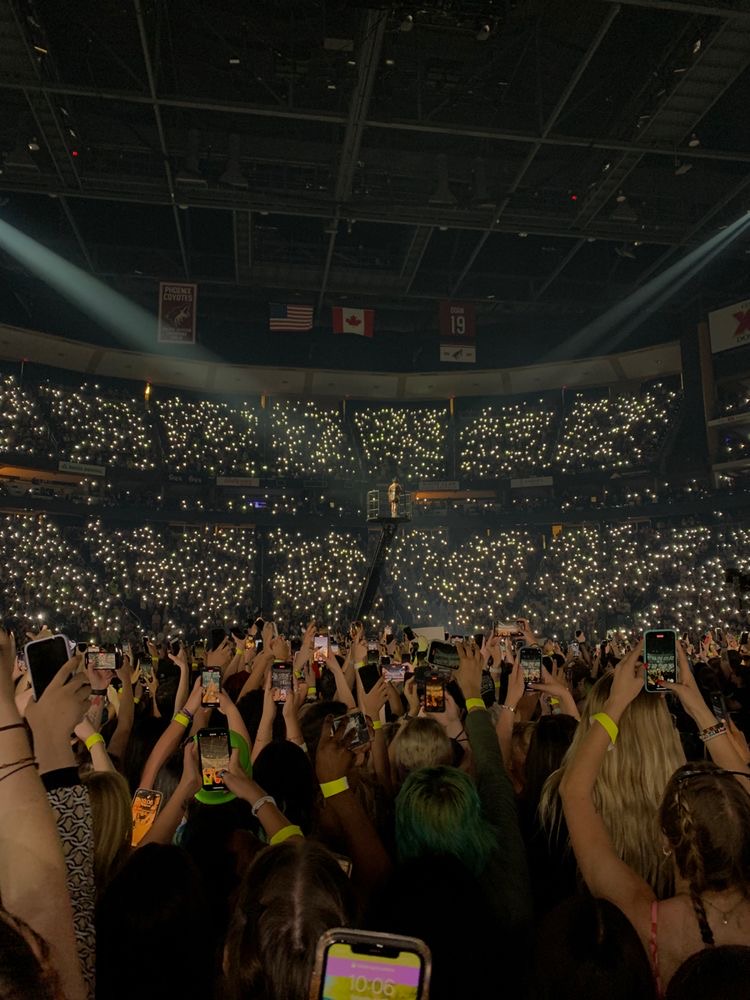In the beginning of October, Joker, starring Joaquin Phoenix hit theatres around the world this month, including some theatres in Aurora, Colorado.
Only some.
Many theatres in our community opted out of showing Joker because of Aurora’s tragic past with one certain Joker-esque shooter.
The Century 16 Theatre shooting of 2012 was disturbing and should not be idolized, perverted or revered in any sort of way; and despite popular opinion, Joker does not do this in any form, but elegantly depicts why these horrid shootings and mental health plagues continuously occur in our country.
And then, an Arapahoe High School student killed herself, making her the 9th suicide victim at that school alone since 2013.
Not to mention that we had a suicide in our class of 2020 this year, disheartening all of us who knew her.
Our community is swarming with questions: Why would they do this? What could have been so bad? What are our schools doing wrong?
According to a recent survey sent out by the Grandview Chronicle to 373 Grandview students, there is a lot wrong, and a lot that can be done.
What can we do?
Though there is no reason to ever take another person’s life, or your own, Joker illuminates how our neglect of mental health issues and general stigma around it in the United States does nothing but instigate these tragedies again and again.
“The worst part of having a mental illness is people expect you to behave as if you don’t,” said the protagonist of the film Joker, Arthur Fleck.
In an effort to save student lives by paving the road for a new era of mental health, Grandview High School has focused intensely on mental health and acceptance in the school community.
“We don’t care about anything as much as we care about you guys,” said Principal Dr. Roberts.
Grandview provides two school psychologists, a school social worker, a system of counselors and external resources like Sources of Strength and Blue Bench.
“I’m trying to be as visible as possible…I really want people to see me, know me, and not be scared of psychologists,” said Grandview psychologist, Dr. Scott Narcisi.
So this brings up an interesting question. Why have 22.8% of Grandview students considered suicide or self harm in the past year?
Joker argues that the mental health issues we suffer from are not caused by just one thing, but a toxic mix of an inefficient mental health system, societal pressure from peers and stigma around mental health.
CCSD has spent a lot of effort this year trying to encourage students to use their resources and to normalize mental health, but 51% of Grandview students surveyed simply don’t believe the school has the necessary support systems.
“With the counselors, often times it feels as if you’re being rushed out of their office and… they don’t have any time for you,” said one anonymous Grandview student.
Students themselves have even tried to help one another, such as the administrator of the anonymous Grandview Support Instagram page.
“If the school is not going to do something, then [I should] at least have a place where students can come,” said the administrator of the Grandview Support page, who wishes to remain anonymous.
However, 18% of survey respondents feel that they have nobody they can talk to.
“Everybody just yells and screams at each other. Nobody’s civil anymore! Nobody thinks what it’s like to be the other guy,” said Fleck
Through exaggerations of the everyday trials of life, Joker shows how many of those suffering from mental illness are unable to cope with given situations, and more importantly, how it seems to many that nobody cares.
“They tend to pick favorites and discard every other kid when everyone is struggling. Many kids are left out and feel left out and it is mostly the ones who struggle the most,” said junior Morgan Jensen.
In Joker, the protagonist Arthur Fleck is mandated that he goes to therapy weekly provided by the state after a mental breakdown which institutionalized him.
In the brief snippet of his therapy, the therapist is clearly despondent and distracted, failing to recall previous sessions and only responding with nods. Later on, the therapist informs Fleck that the department had a budget cut, and he won’t be able to access therapy anymore.
One can’t help but notice the parallels between this and our school’s ever-flawed mental health system.
“The counselors here are very impatient and don’t give kids the time of day. All they talk about is school and what they want you to do. They never ask you how you are or if everything is ok,” said Jensen.
Not to suggest the CCSD and Grandview aren’t trying their hardest, but the difference between the intentions of the CCSD and the tangible results are as different as night and day.
After all, only 17.2% of survey respondents feel as if they could talk to a school counselor or psychologist.
“No one needs to be alone with this. Nobody needs to feel like they don’t have anybody,” said Narcisi.
The argument to censor and blacklist the Joker movie is very representative of our country’s refusal and fear of truly contemplating and talking about the issues that plague the minds of 1 out of 5 Americans.
Reading some of the survey’s intelligent, eloquent responses to the question “How could the school improve their system” gave me hope in our future, but it was clear we still have a long way to go when many people had responded along the lines of “I’m not sure, I can control my emotions.”
Frankly, Joker ended with one of the more tame examples of what has been happening in our country because of our mental health issues, but it doesn’t have to be like this in reality.
So to all those reading this, slow down. Tell your friends and loved ones you appreciate them. Smile at the stranger in the hall. Don’t spread rumors. Sit down and talk to an adult about your month. Our mental health system at Grandview may not be perfect, but it doesn’t hurt to try and talk with one of our amazing school psychologists Dr. Narcisi or Dr. Case (located in the same office as the counselors).
We all have a lot to work on as a community, and it all starts with conversation. Let’s take this seriously and change people’s lives for the better one conversation and one kind act at a time.


![[Opinion] "No One Needs To Be Alone With This."](https://ghschronicle.com/wp-content/uploads/2019/11/potentialeditneo_compressedidk-1-1024x683.jpg)
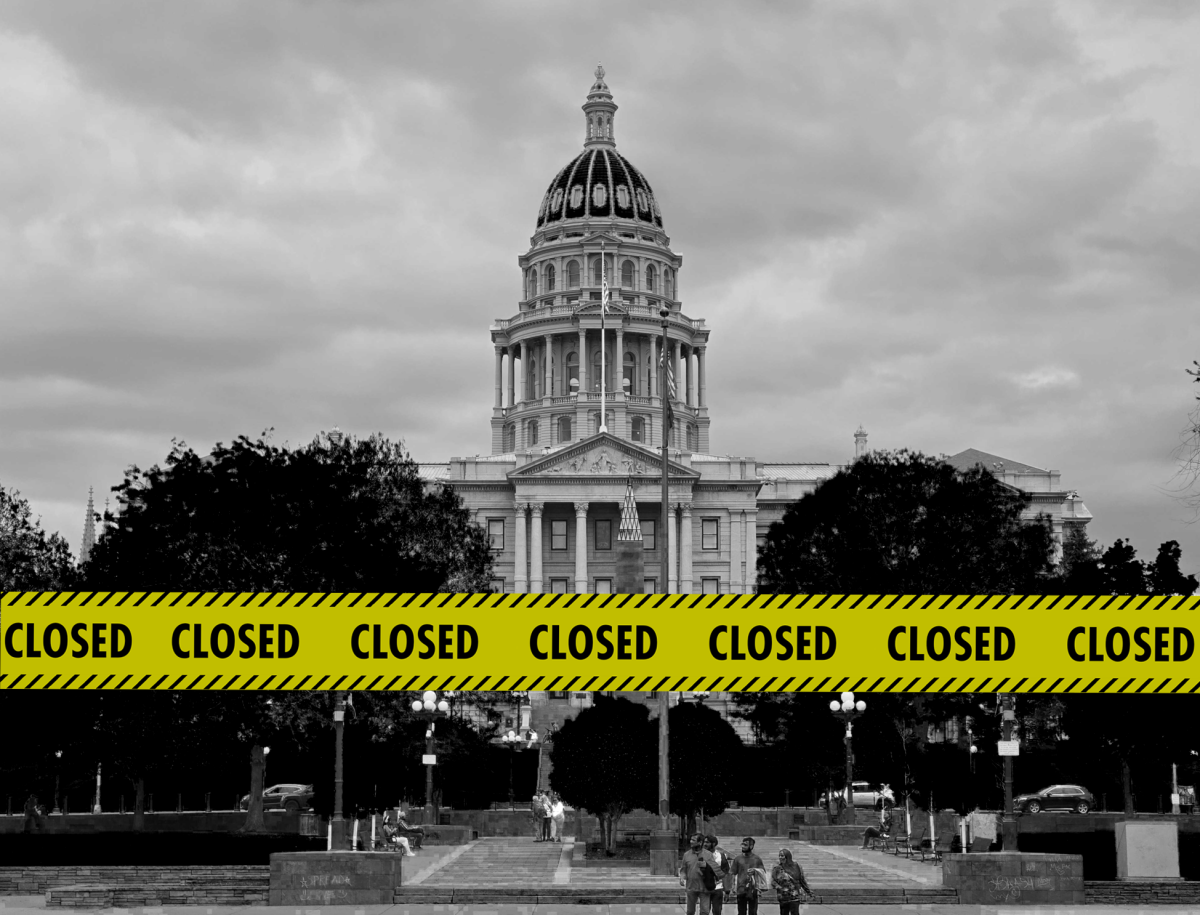
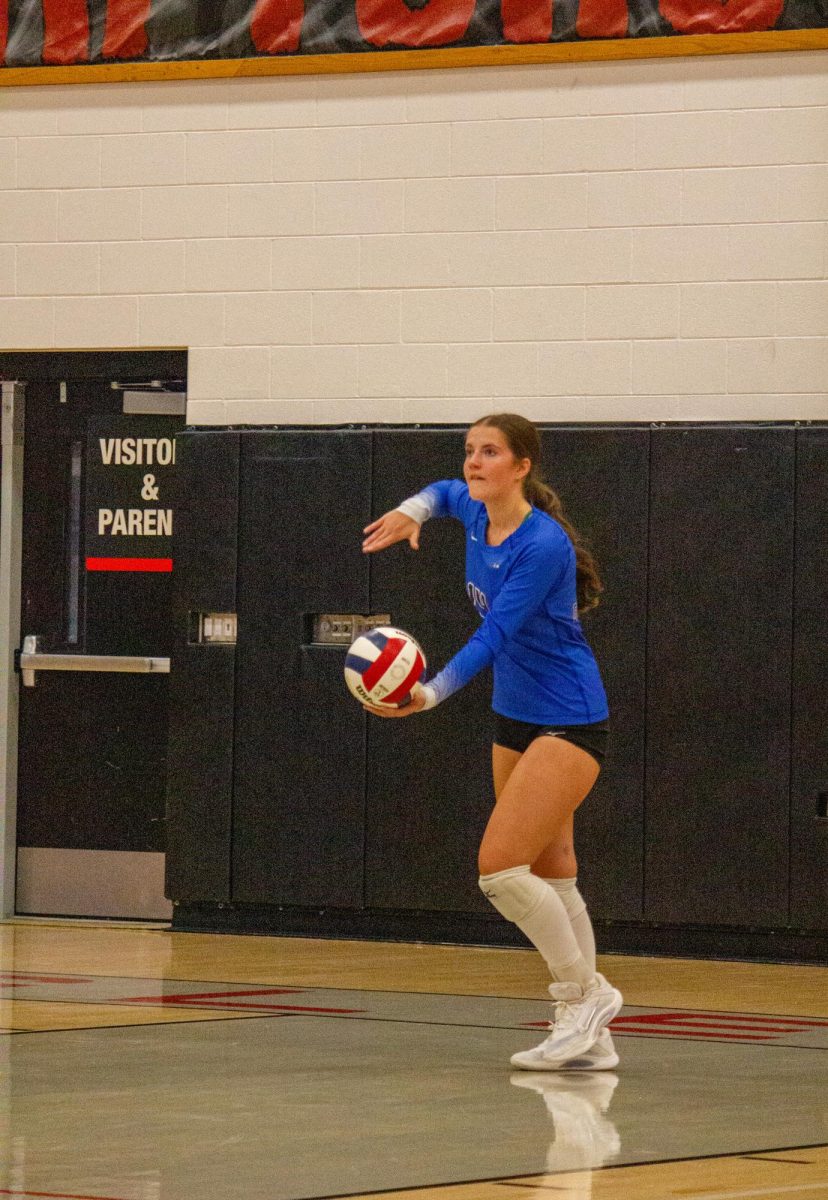
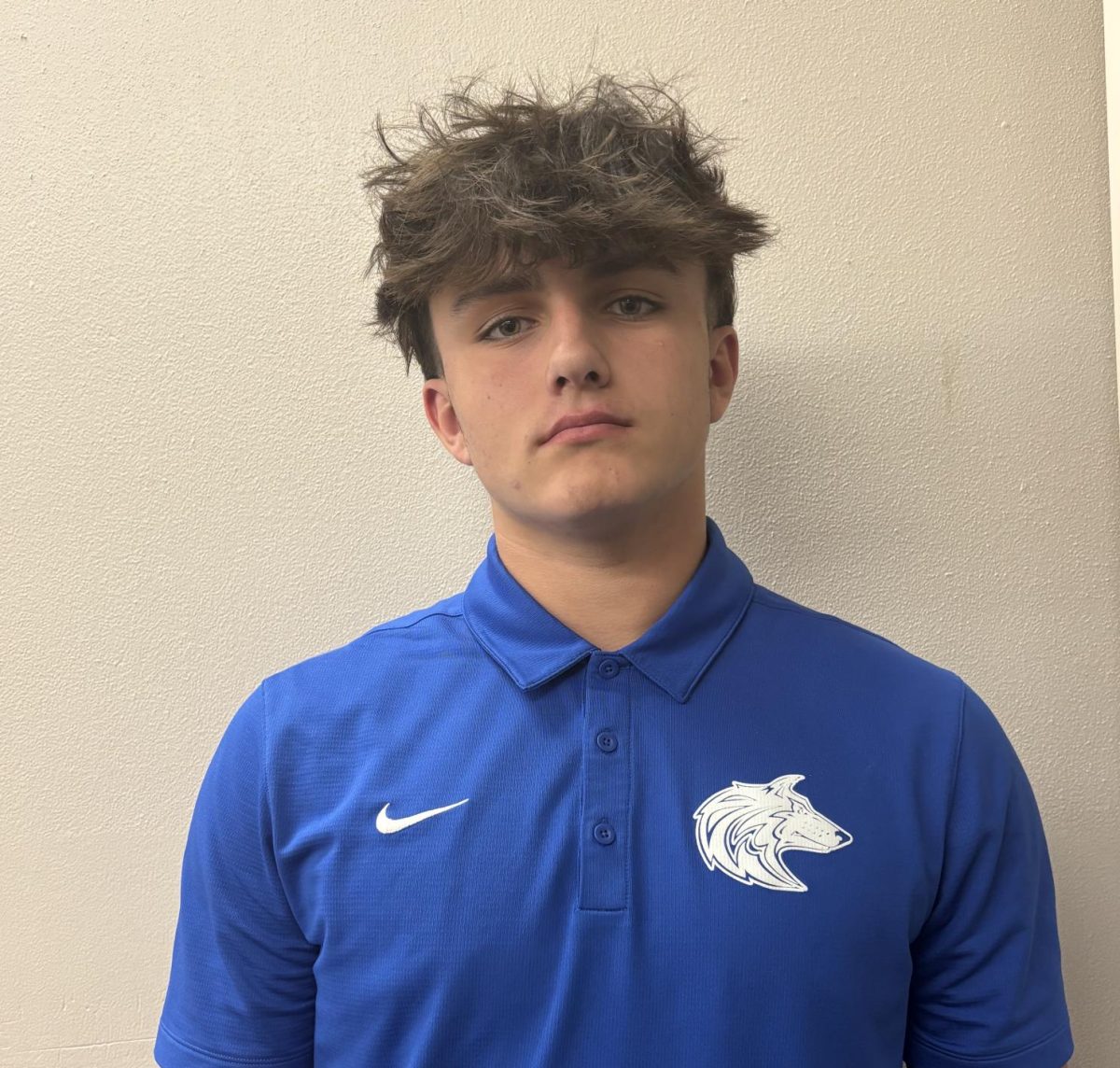
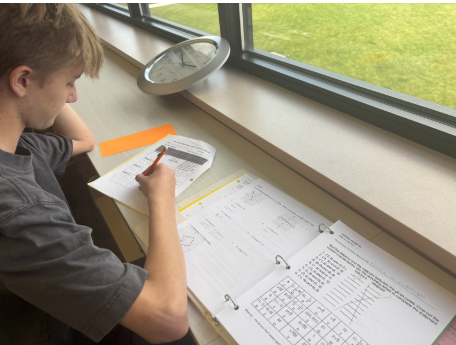
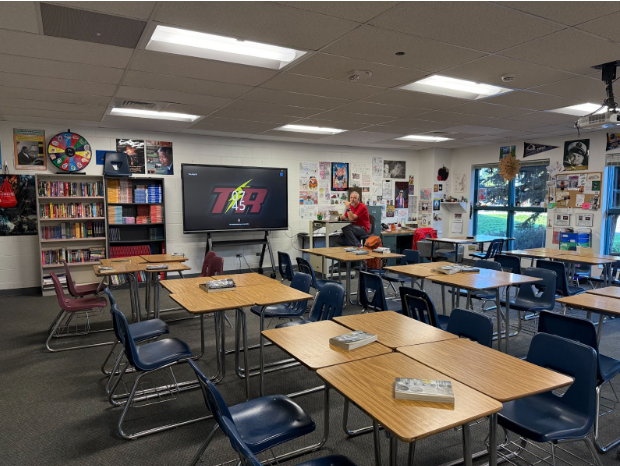
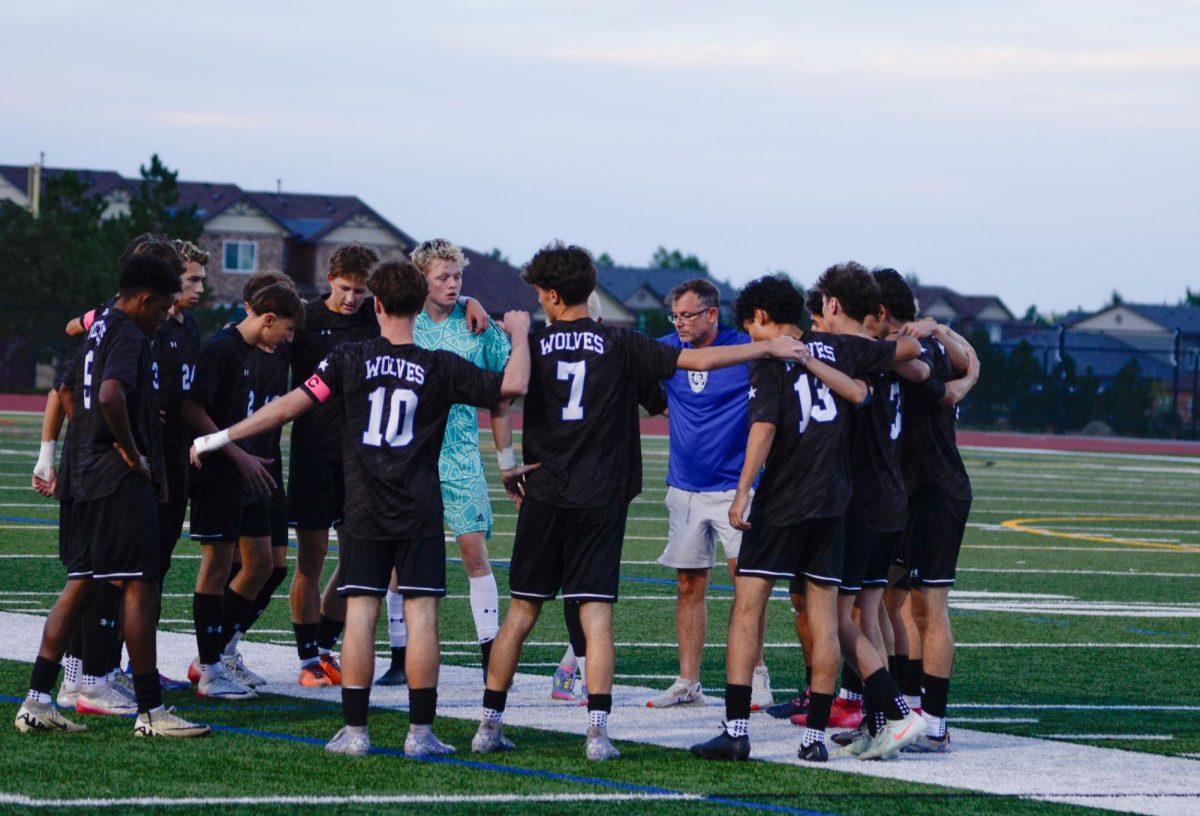
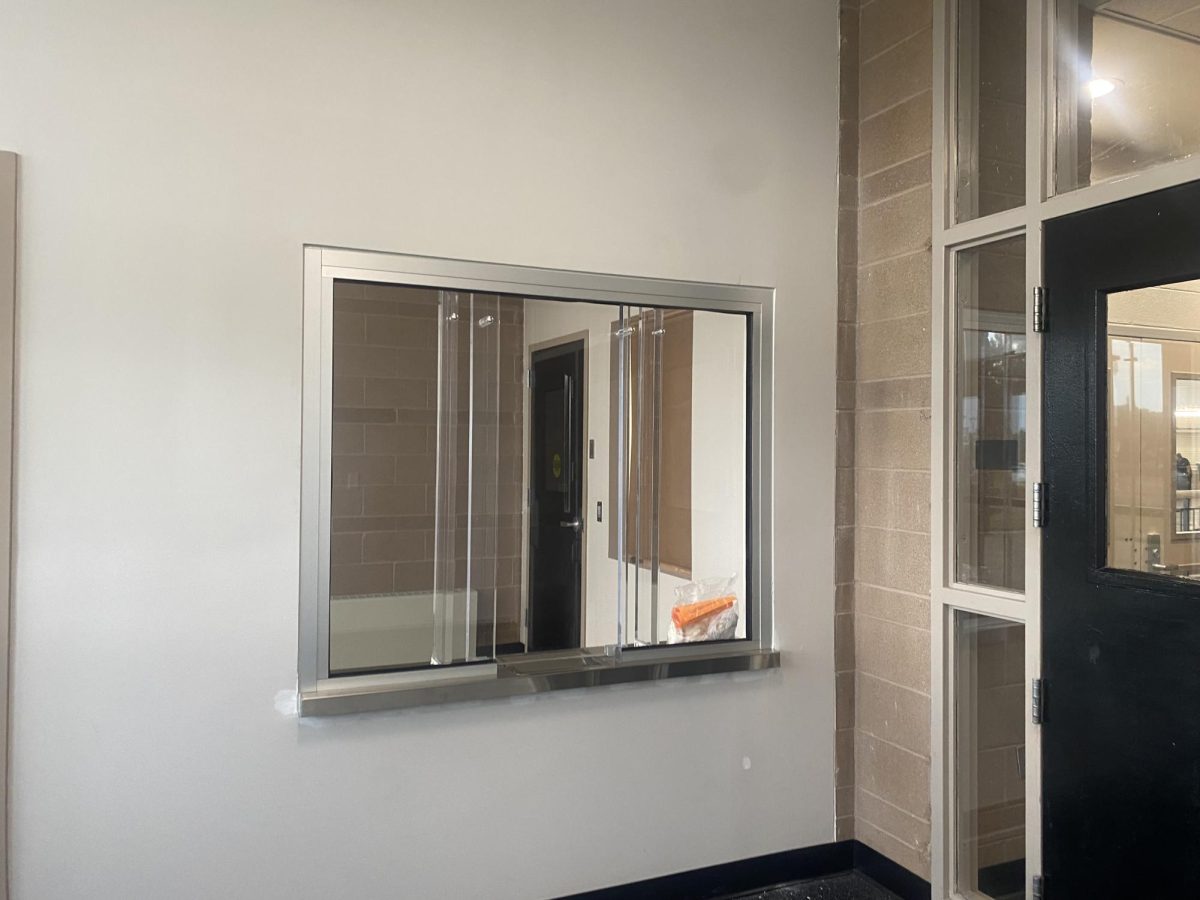
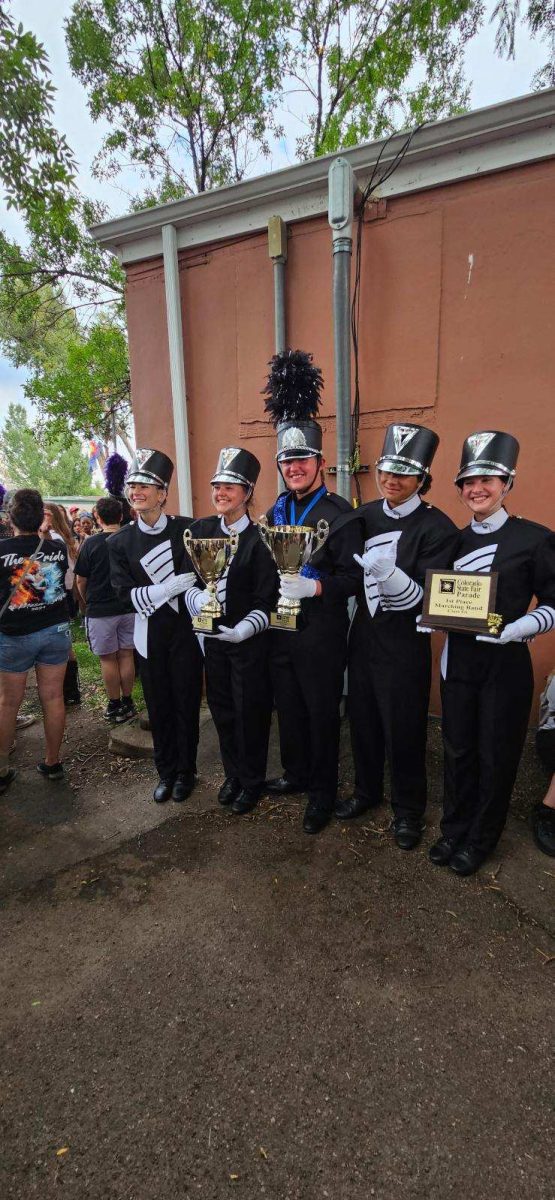
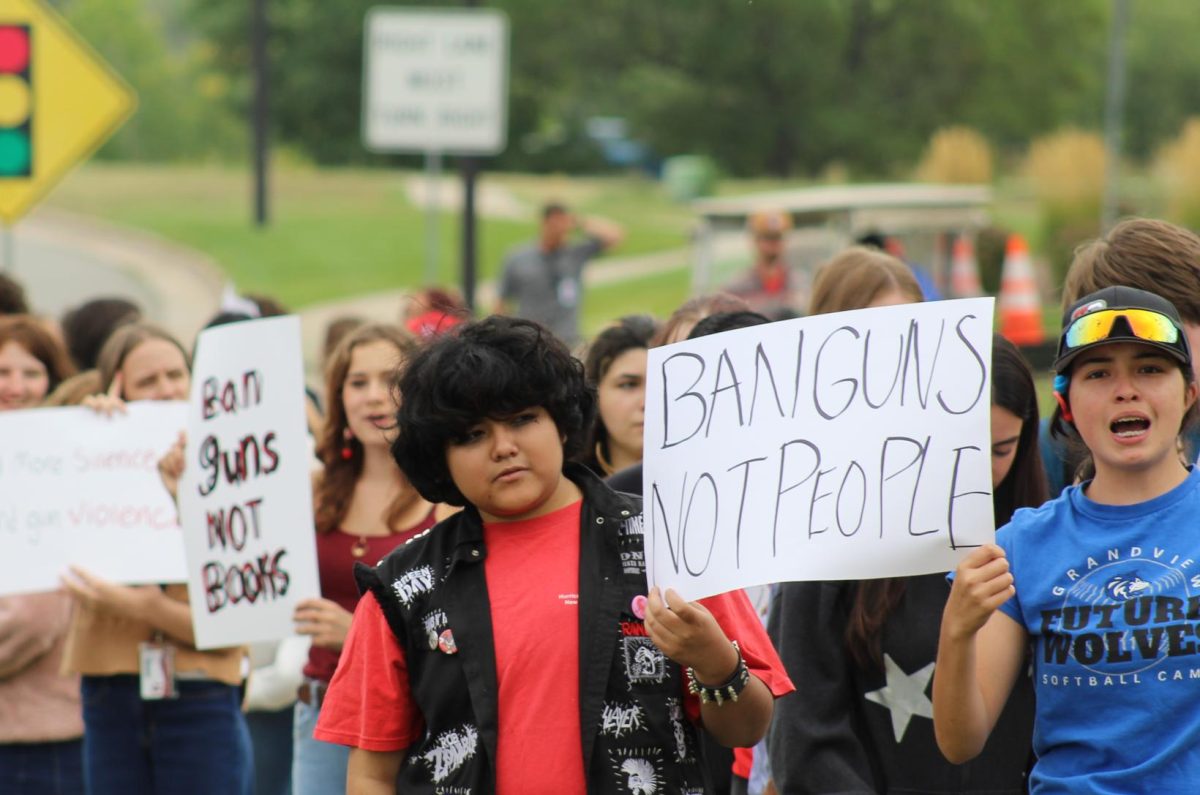
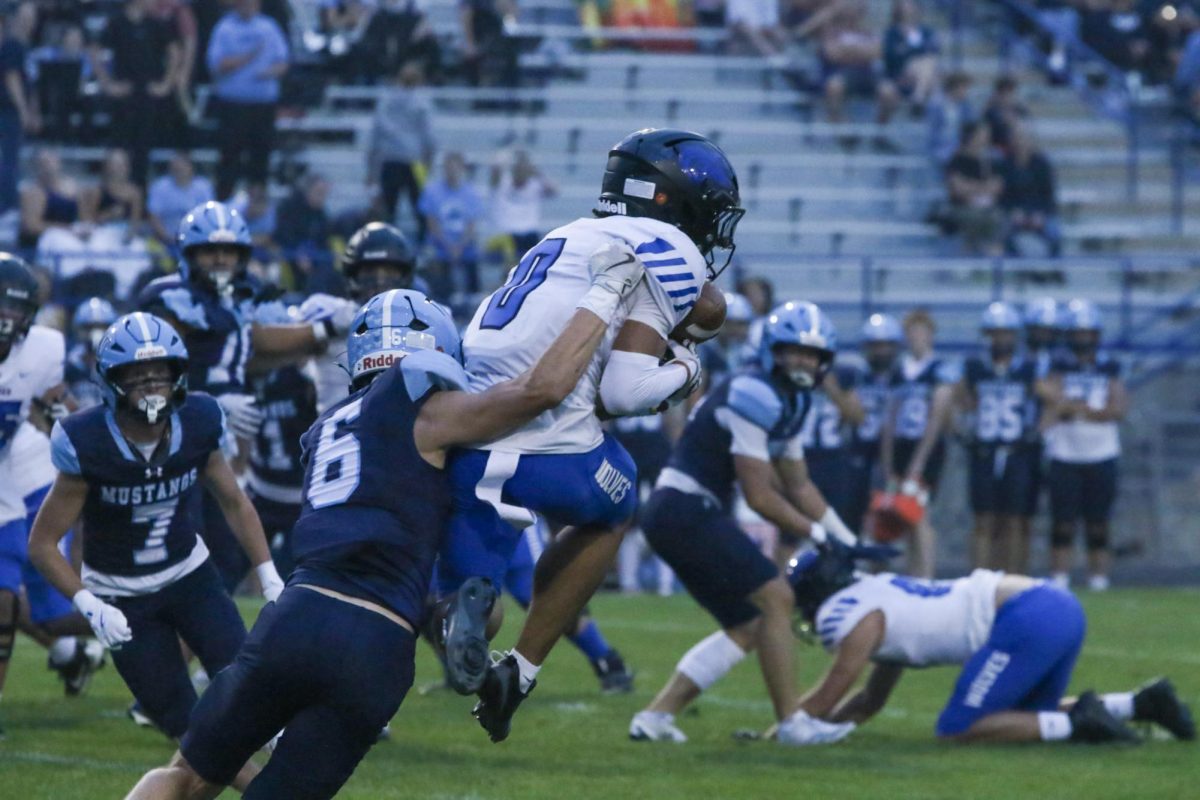
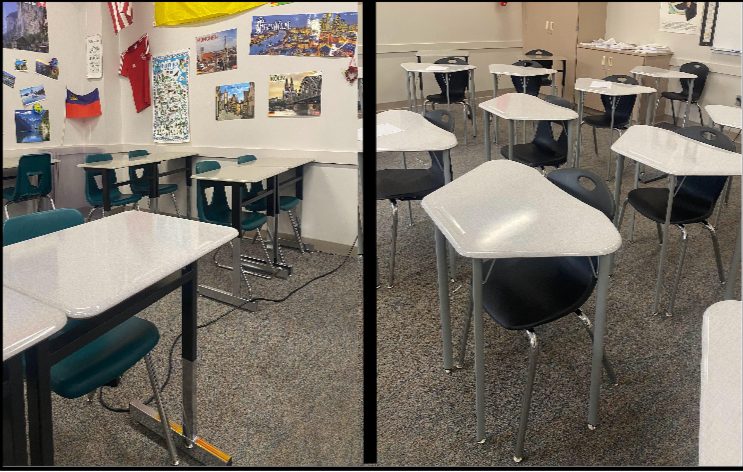

![A Vest Won’t Protect You [OPINION]](https://ghschronicle.com/wp-content/uploads/2025/09/KoltonZuckerVestPosterOffWhite.png)
![Executive Order: Ending Radical Indoctrination in K-12 Schooling [OPINION]](https://ghschronicle.com/wp-content/uploads/2025/04/Screenshot-2025-04-23-at-2.51.41 PM-1200x674.png)
